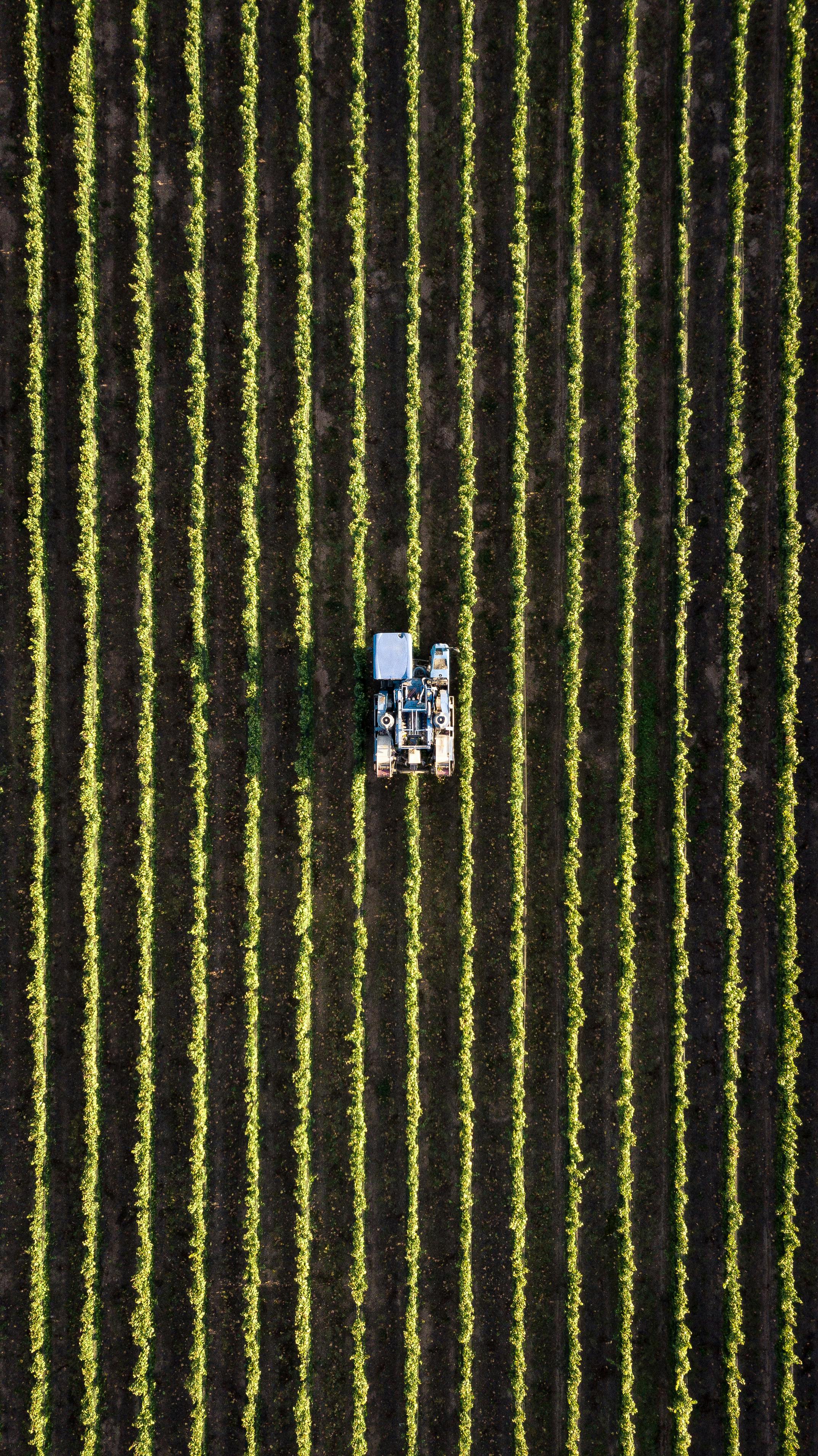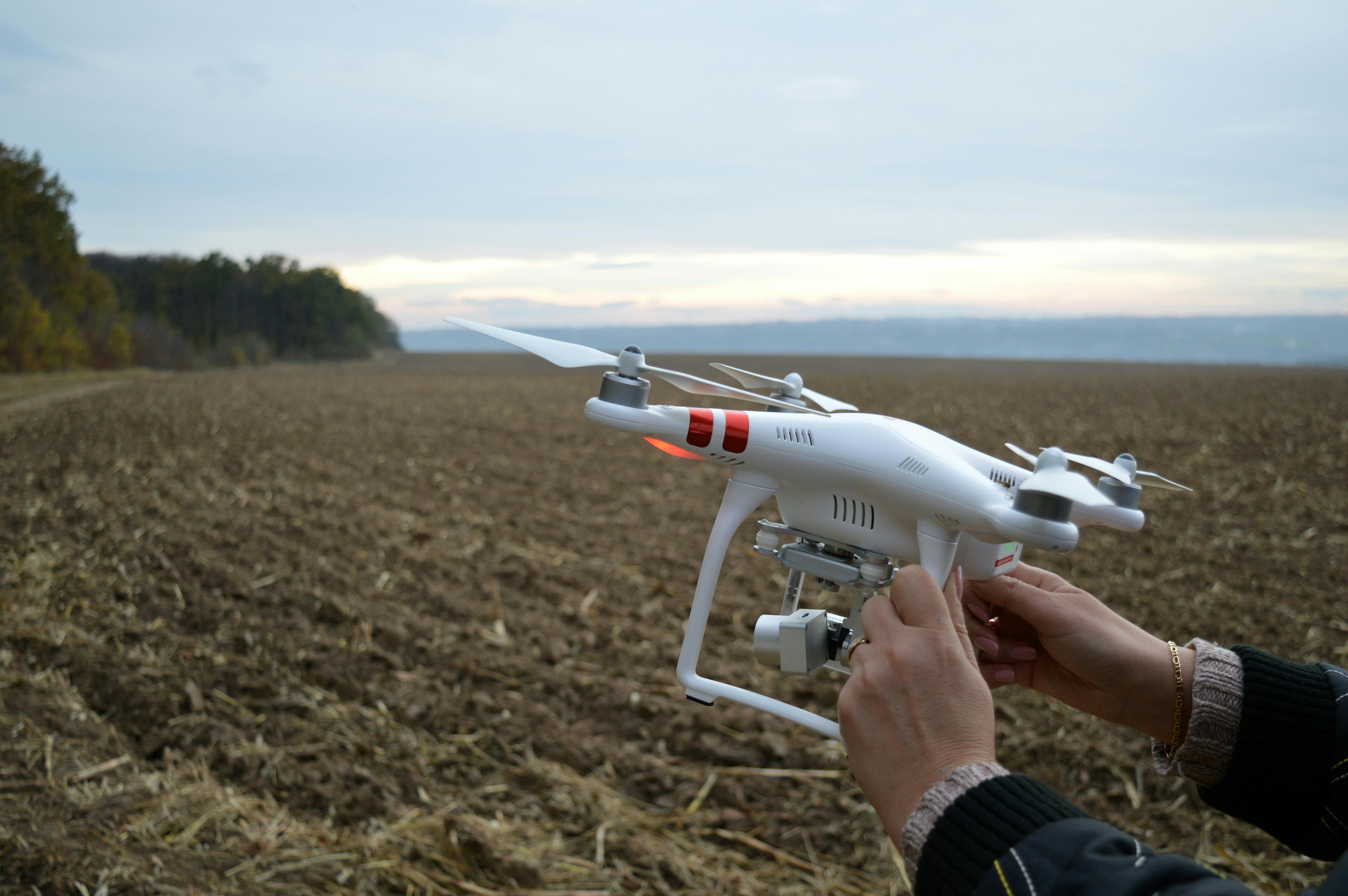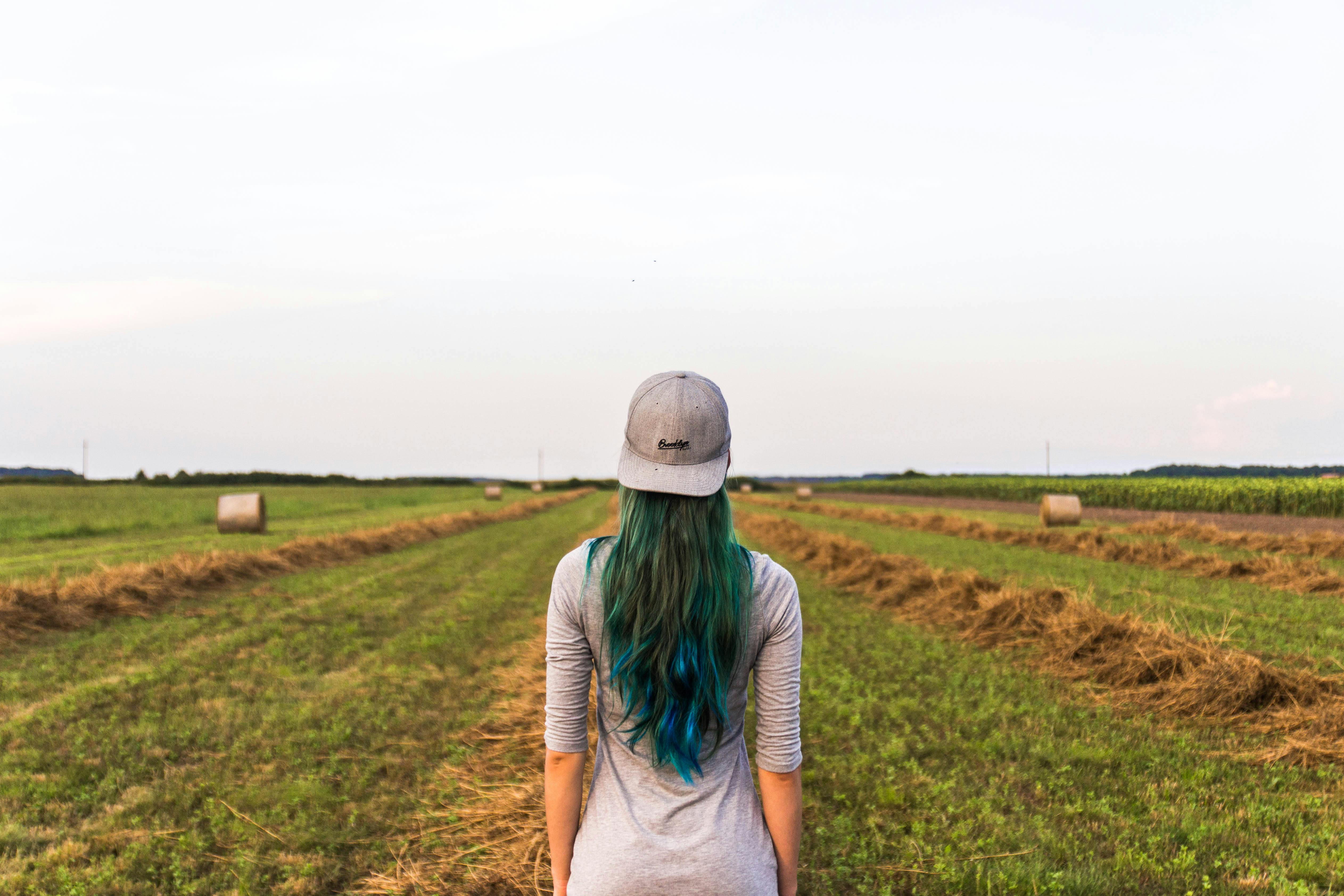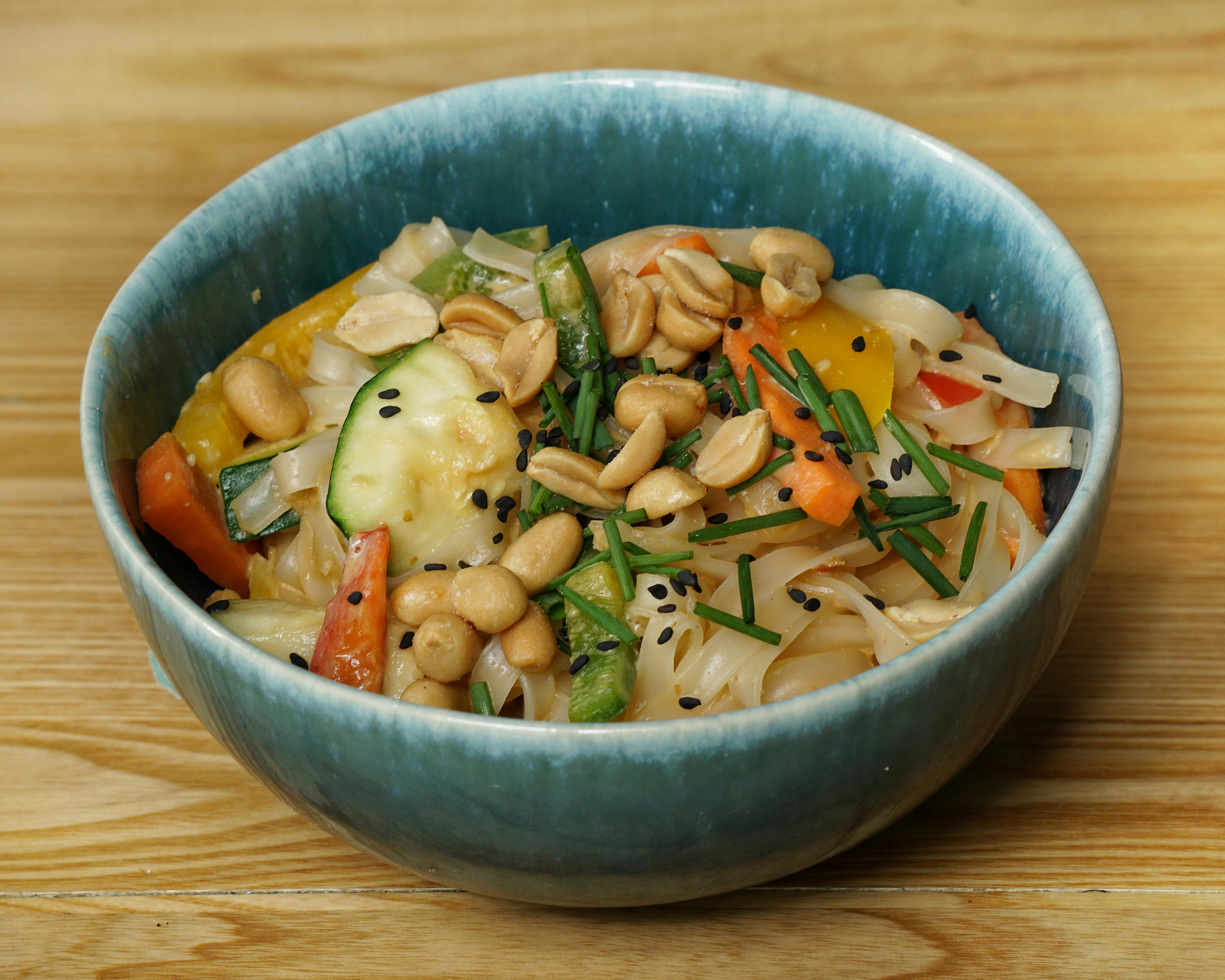In the move to a sustainable, healthy and equitable diet, a system-wide transformation of our food system is required. Our current diets, high in red meat and ultra-processed food, and low in vegetables and fruit, are leading to high rates of obesity, heart disease and cancer, and leading to negative environmental implications such as climate change and biodiversity declines. Consequently, some governments, such as Germany, Switzerland and China, are implementing guidelines and initiatives for sustainable and healthy diets. The EAT Lancet report suggests on average a weekly sustainable and healthy diet should include much more legumes (e.g., beans, lentils, soy foods) and tree nuts, while only 100g of red meat, 200g of chicken and 200g of fish. To transition to such a diet in Western countries like New Zealand will need large scale diet change alongside changes in land use such as crop diversification.
Transitioning to a sustainable, regenerative and circular economy for food needs a systems perspective. System transformation can include changing policies, markets, technologies and social behaviour. The uniqueness of our proposed cluster is that we combine consumer, supply chain and technological perspectives. The cluster researchers have been successful in their domains in terms of publications, grants and research impact. By combining our expertise, we envisage creating a unique cluster of importance to the University of Canterbury and New Zealand. We will work with international leaders, develop a cohort of postdocs and PhDs, and become a recognised cluster (and hopefully later research centre) of expertise for sustainable food transition. This coordinated approach will allow us to apply for larger grants.
About the cluster
Our research considers policies, supply chains, markets, social behaviours, technologies and information systems to transition toward sustainable food production and consumption. By fostering local and international collaboration and synergy among various stakeholders (consumers, farmers, NGOs and scientists), our research aims to advance knowledge and initiate positive systemic change in Aotearoa’s food system.
The goals of our research cluster are:
- to advance understanding of how individuals, organisations, the food sector and society transition to sustainable, healthy and equitable food consumption and production.
- to cooperate with leading food actors in New Zealand and domestically, co-creating knowledge.
- to disseminate knowledge to the general public, especially focusing on communicating with the next generation of innovators.
Our collaborative and co-creative approach to transition the food system involves hosting events to foster relationships. In 2024, we will specifically focus on local and international events with academics and stakeholders, including:
- Administer External Funding (July): the cluster will organise a working party and/or call for submission of interest for a funding provided by a partner - International Business School Suzhou (IBSS), Xi’an Jiaotong Liverpool University. Funding will be for one project with IBSS staff, titled “Food and society: Investigating the behaviours, preferences and psychology of Chinese consumers in the food market”.
- The Second International Workshop on Circular Economy and Sustainability at the Monash Prato Centre, Italy (July): the cluster will be a partner for the workshop, and connect to external and international partners. The workshop will provide the cluster the direction for 2025-2026, research ideas, funding opportunities, project ideas and collaborator connections.
- Local UC workshop (August): the cluster will share knowledge from Monash workshop with colleagues, hosting our own mini-workshop.
- Food + Wine Summit (TBD): the cluster will contribute and coordinate a UC event co-hosted by the Local Food Systems Research Cluster to invite internal and external members.
- Industry workshop/gathering (September/October): the cluster will connect to local industry players, including CRIs to establish relationships and make plans for 2025.





